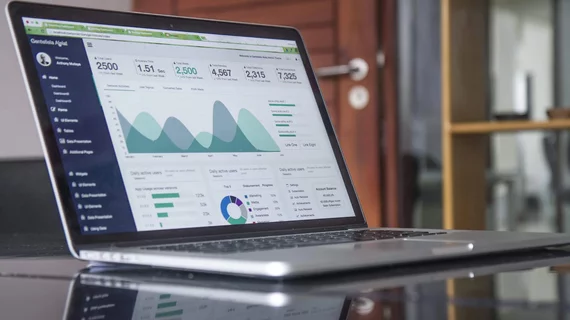Tech investors award AI startups that are reinventing work
Over the last six years, Dell Technologies Capital has plunked down more than $600 million to invest in startups focused on accelerating the “reinventing work” evolution. Microsoft’s M12 venture fund has shown similar enthusiasm.
CNBC’s Lori Ioannou parses out the meaning of the movement in an article posted July 16.
“According to Gartner, global business value derived from AI will reach a staggering $3.9 trillion by 2022,” she reports. “Yet legacy forms of data management for AI are counterproductive and not advanced enough.”
Among the sources Ioannou interviewed was Matthew Carroll, the CEO of Immuta, a startup whose data-governance platform attracted $20 million from Dell Technologies last year.
“Very soon in the future, I believe every employee will have automation tools and they will be data analysts doing their jobs every day,” Carroll said.
Meanwhile Nagraj Kashyap, global head of Microsoft’s M12, predicts AI will all but upend the workplace over the next 5 to 10 years.
“Innovation isn’t limited to … corporate boundaries,” Kashyap said. “It is an exciting time to see how AI is transforming the workplace. Already we see it becoming more distributed, more flexible and diverse.”
Ioannou didn’t drill down into healthcare, but as the No. 1 industry driving the U.S. economy according to Investopedia, it’s there between the lines.
Read the whole thing from CNBC:

